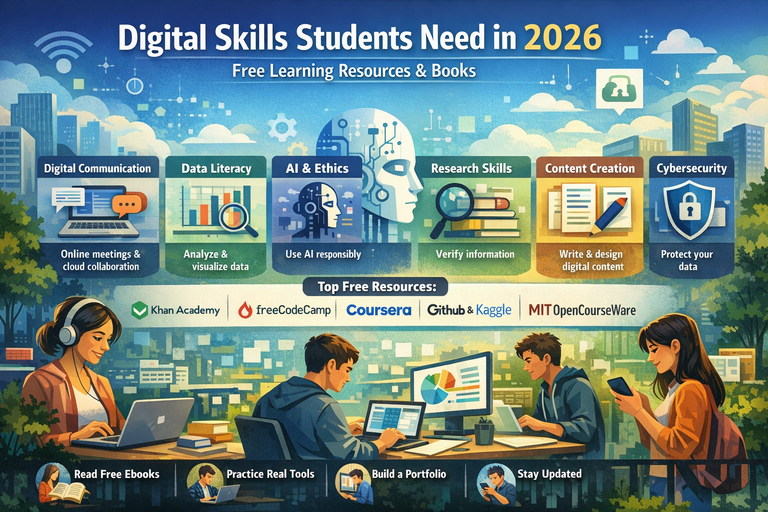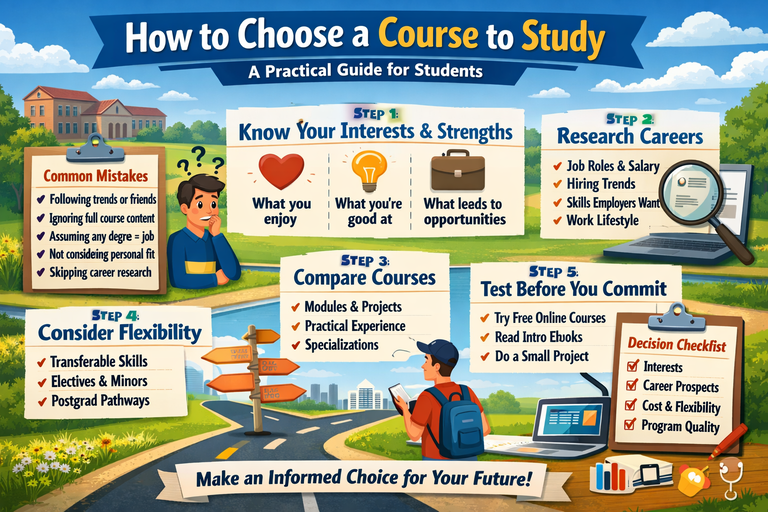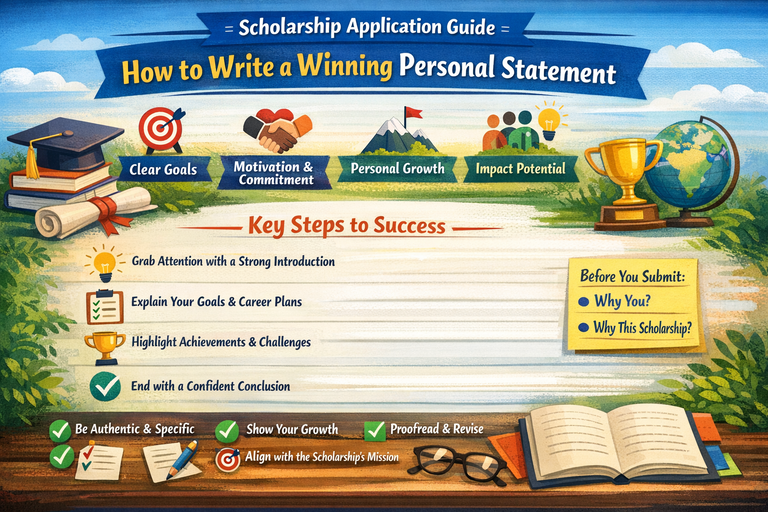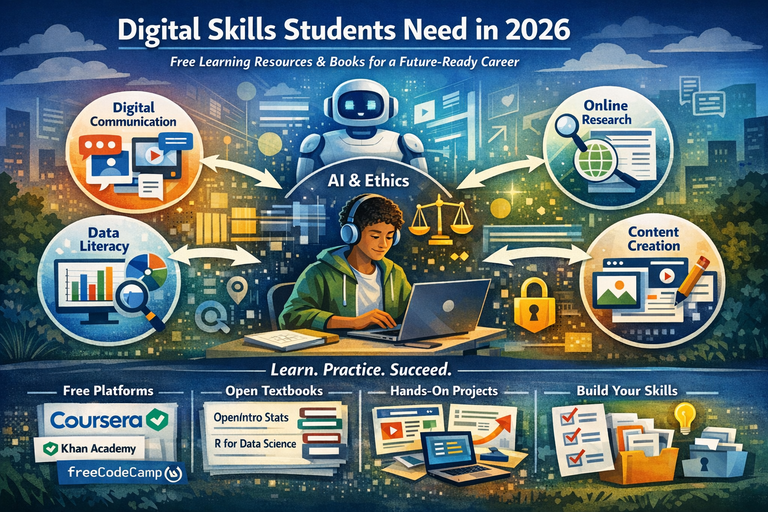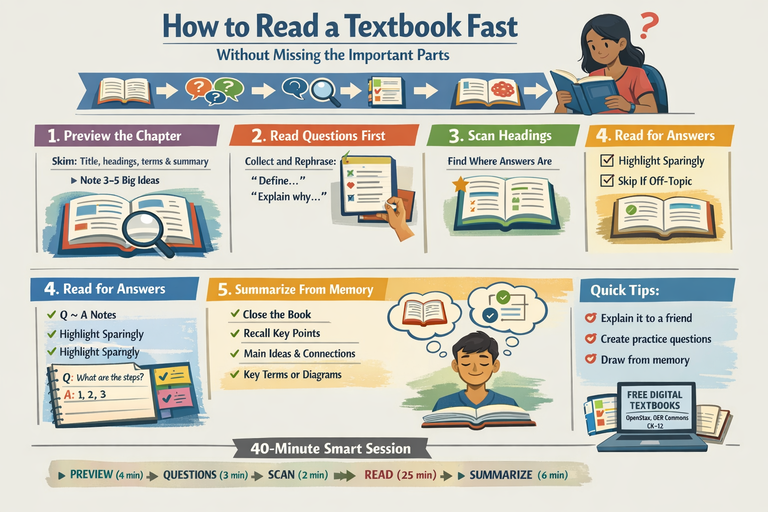The Power of Memoirs: Learning from Real-Life Stories
In a world saturated with fiction, fantasy, and futuristic narratives, there’s something uniquely grounding about memoirs. They tell us real stories—of love and loss, resilience and recovery, triumphs and tragedies. Memoirs remind us that ordinary people can live extraordinary lives, and sometimes, those real-life journeys are more compelling than anything a novelist could dream up.
At Junkybooks, we believe that memoirs do more than document personal history. They educate, heal, and inspire. Through the lens of someone else's life, we discover more about our own. In this blog post, we explore the power of memoirs, what makes them resonate, and how reading them can enrich your perspective and personal growth.
What Is a Memoir?
A memoir is a non-fiction narrative in which the author recounts personal experiences. Unlike autobiographies, which aim to capture an entire life chronologically, memoirs often focus on specific themes, chapters, or transformative periods.
What makes memoirs powerful is not just the facts of someone’s life, but the reflection, emotion, and honesty the writer brings to their storytelling. A well-written memoir invites the reader into a deeply personal world, forging a human connection across time, culture, and background.
Why People Read Memoirs
Memoirs offer more than just a glimpse into another person’s life—they offer wisdom, solidarity, and sometimes even answers. Here's why so many readers turn to memoirs:
-
To feel seen and understood: Memoirs about grief, addiction, love, or identity remind readers that they are not alone.
-
To gain perspective: Reading about someone else's experiences, especially in different circumstances, broadens empathy and cultural understanding.
-
To be inspired: Many memoirs recount how individuals overcame obstacles, made bold decisions, or changed their lives.
-
To learn: From prison reform to parenting, memoirs offer firsthand insight into a range of topics.
The Emotional Impact of Real-Life Stories
Memoirs can be emotionally intense. When an author shares the raw truth of their life—unfiltered and unpolished—it creates a sense of intimacy. Whether it’s Cheryl Strayed walking across the Pacific Crest Trail in Wild, or Tara Westover escaping a survivalist upbringing in Educated, readers often find themselves moved, challenged, and even transformed.
Memoirs aren’t about having a perfect story—they’re about telling the truth in a way that resonates. Readers often report that they cry, laugh, and reflect more deeply while reading memoirs than with any other genre. That emotional depth is part of what gives memoirs their power.
Memoirs Teach Us Through Experience
We can learn from books on theory, strategy, or instruction—but memoirs teach through experience. They show rather than tell. They don’t just describe success or failure—they reveal what it feels like.
For example:
-
A leadership book might list principles for managing teams.
-
A memoir like Lean In by Sheryl Sandberg shows what it means to be a woman navigating executive roles at the highest levels.
-
A medical textbook explains diseases, but When Breath Becomes Air by Paul Kalanithi takes you into the mind of a dying neurosurgeon facing his mortality.
Learning through stories sticks with us. Research even shows that we retain more information when it's embedded in narrative. Memoirs use the power of storytelling to deliver life lessons that linger long after the book is closed.
Types of Memoirs and What They Teach
Memoirs come in many forms, each with its own unique lens. Here are some of the most popular categories and what they offer readers:
1. Coming-of-Age Memoirs
These memoirs explore the journey from youth to adulthood, capturing formative experiences.
-
Example: Boy Erased by Garrard Conley
-
What it teaches: Identity, resilience, self-discovery
2. Trauma and Healing Memoirs
These memoirs often center around recovery—whether from abuse, illness, or loss.
-
Example: The Glass Castle by Jeannette Walls
-
What it teaches: Forgiveness, survival, emotional growth
3. Adventure and Travel Memoirs
These books transport readers to other lands or life-altering adventures.
-
Example: Eat, Pray, Love by Elizabeth Gilbert
-
What it teaches: Exploration, independence, self-renewal
4. Professional and Career Memoirs
These reflect on the author’s journey through their chosen field.
-
Example: Becoming by Michelle Obama
-
What it teaches: Leadership, ambition, balance
5. Activism and Social Justice Memoirs
These are stories of individuals who’ve fought for change and raised their voices.
-
Example: Just Mercy by Bryan Stevenson
-
What it teaches: Empathy, justice, perseverance
6. Memoirs of Everyday Life
These may seem “ordinary” but are no less moving or insightful.
-
Example: This Is Going to Hurt by Adam Kay
-
What it teaches: Humor, perspective, the beauty in small things
Memoirs as Mirrors and Windows
Author Rudine Sims Bishop coined the idea that books can serve as mirrors, windows, and sliding glass doors:
-
Mirrors reflect our own experiences back to us.
-
Windows allow us to see into someone else’s world.
-
Sliding glass doors invite us to step into that world, if only briefly.
Memoirs do all three. When we read about someone overcoming poverty or coming out to their family or navigating fame, we either see ourselves or we see others more clearly. Both experiences are necessary for personal growth and for building empathy.
How Memoirs Can Change Lives
Memoirs aren’t just stories—they can spark revolutions, both public and private.
-
Cultural Impact: Books like I Know Why the Caged Bird Sings by Maya Angelou have shaped conversations about race, trauma, and womanhood.
-
Career Shifts: Readers of Start Something That Matters by Blake Mycoskie (founder of TOMS) have started nonprofits and purpose-driven businesses.
-
Mental Health: Memoirs about anxiety, addiction, and depression help reduce stigma and offer hope.
Many readers credit memoirs with changing how they see themselves or the world around them. In a time when authenticity is more valued than ever, the honest vulnerability of memoirs feels both courageous and contagious.
How to Choose a Memoir That Resonates
With so many memoirs on the shelves, finding one that speaks to you can be overwhelming. Here’s how to narrow it down:
-
Consider your current phase of life: Are you transitioning careers? Healing from loss? Exploring identity?
-
Think about whose voices you want to hear more from: Memoirs by women, immigrants, LGBTQ+ individuals, or people with disabilities offer powerful perspectives.
-
Pick a theme you’re curious about: Travel, faith, entrepreneurship, parenthood—there’s a memoir for everything.
Some all-time recommended reads:
-
Educated by Tara Westover
-
Born a Crime by Trevor Noah
-
Steve Jobs by Walter Isaacson
-
Becoming by Michelle Obama
-
The Diary of a Young Girl by Anne Frank
Final Thoughts
In an era dominated by fast-paced media and surface-level content, memoirs invite us to slow down and sit with someone's truth. They are both deeply personal and universally human. They teach us that stories don’t have to be made up to be meaningful. In fact, the most powerful stories are often the real ones.
At Junkybooks, we celebrate all kinds of literature—but we hold a special place for memoirs because they speak directly from one human being to another. Whether you’re seeking guidance, empathy, or just a good story, pick up a memoir. You may discover more than just another life—you may discover something new about yourself.


